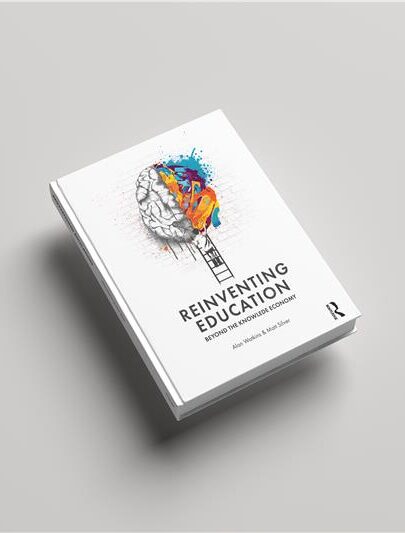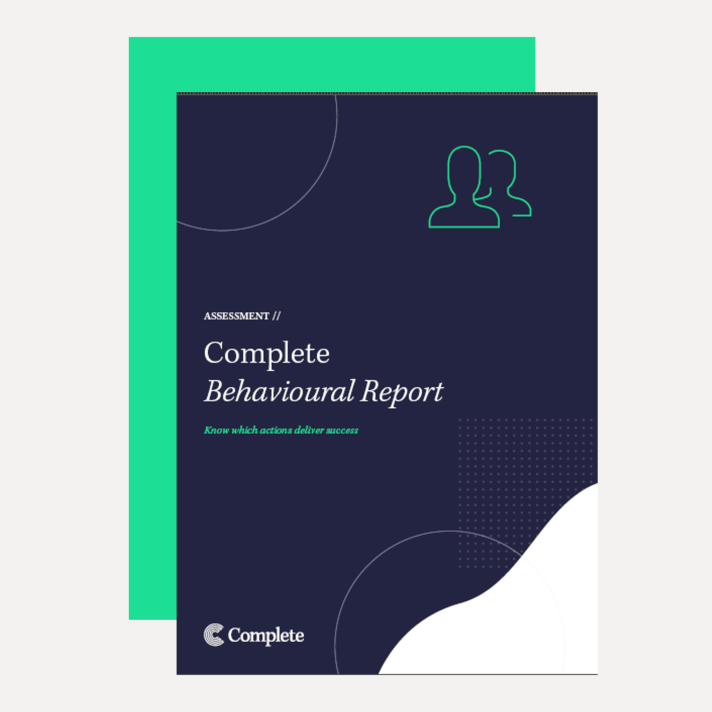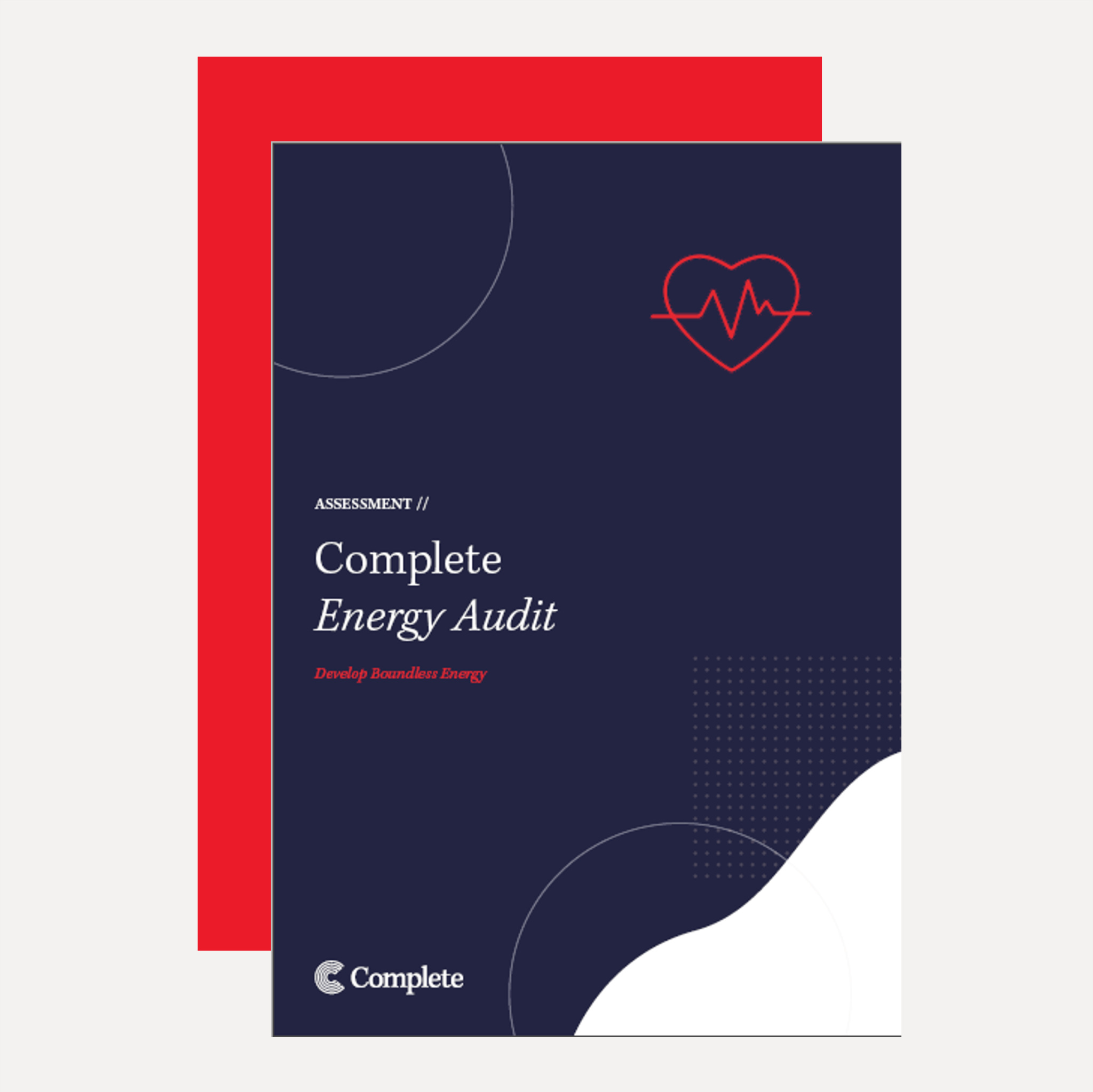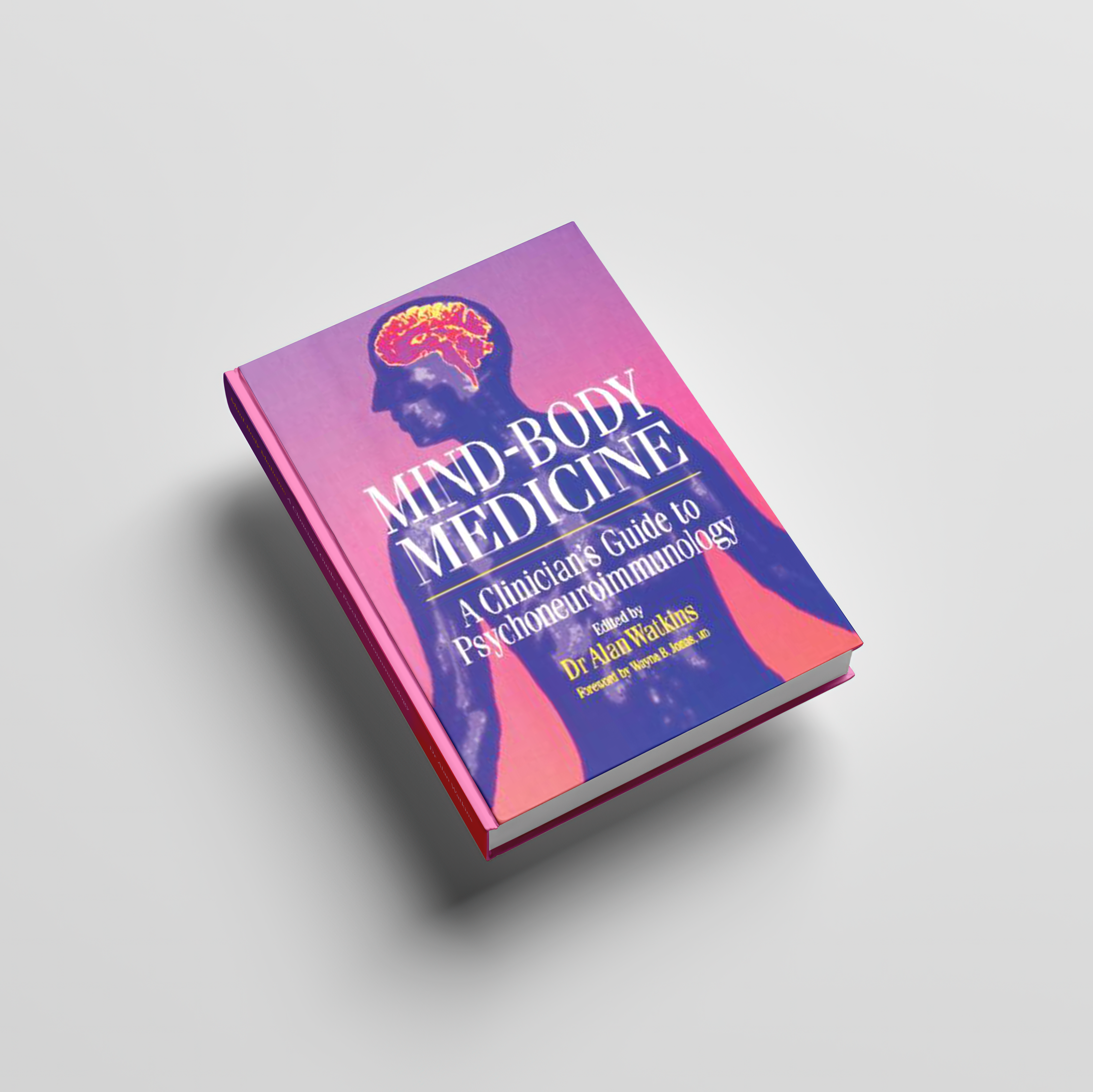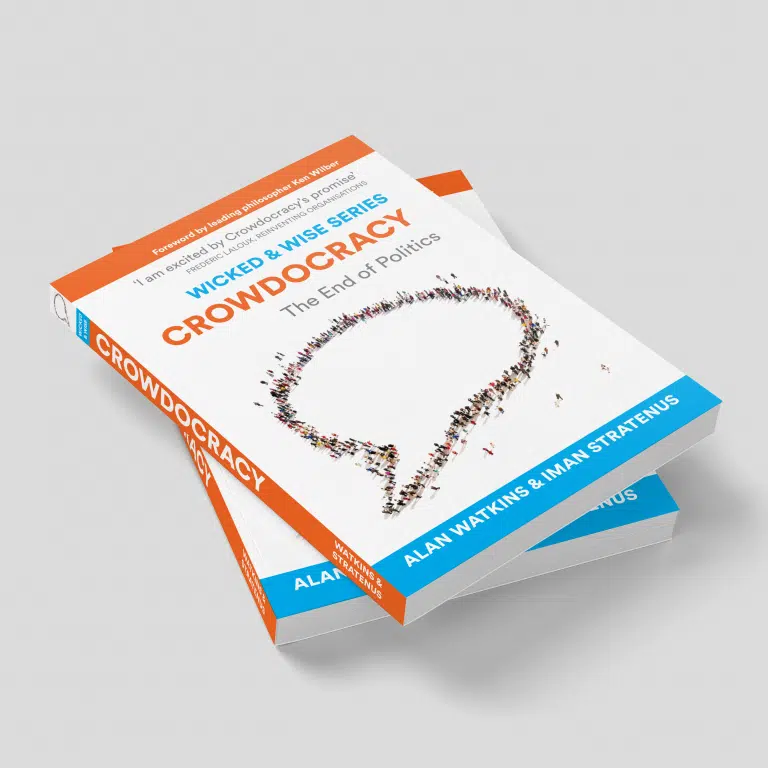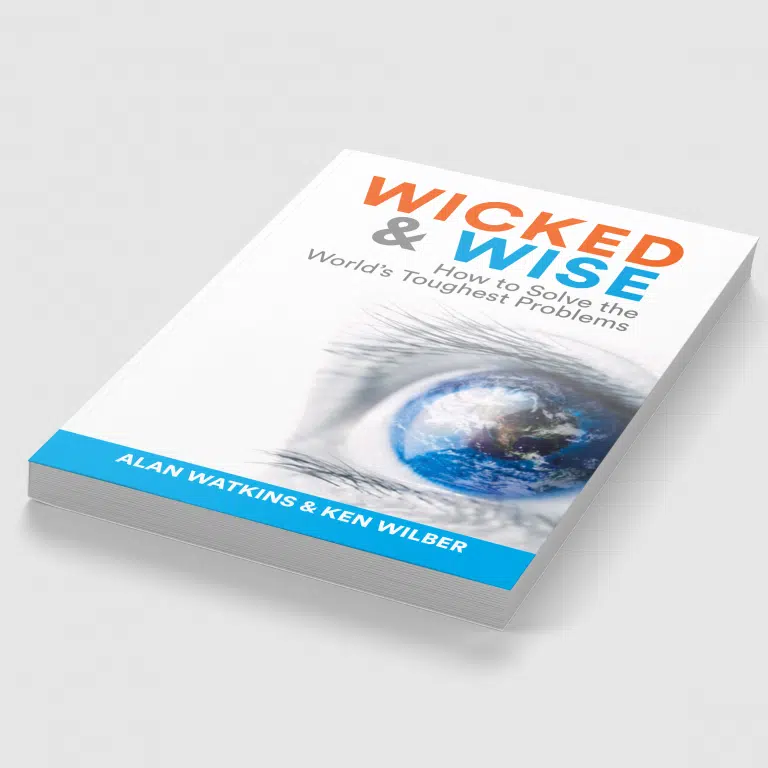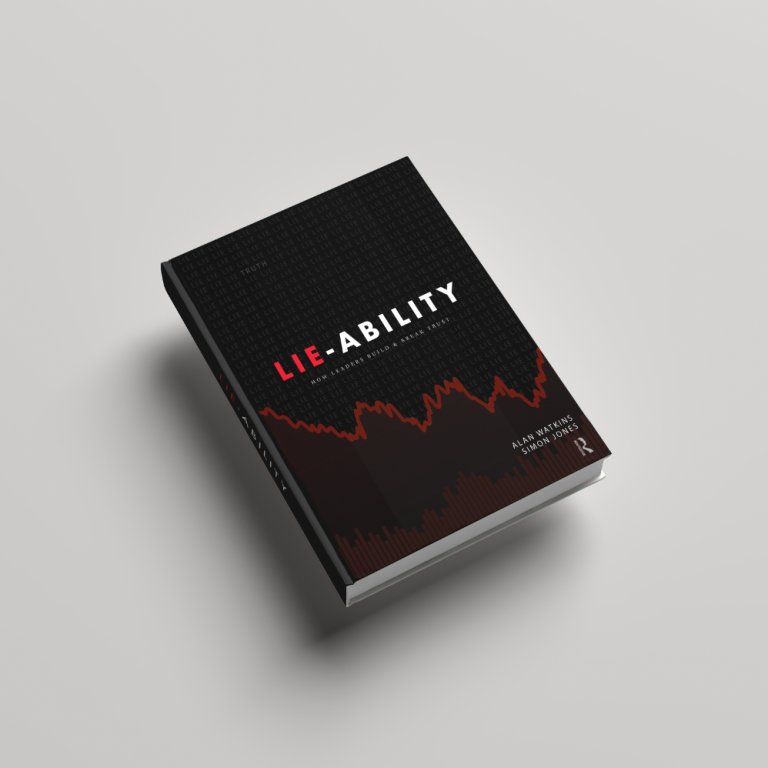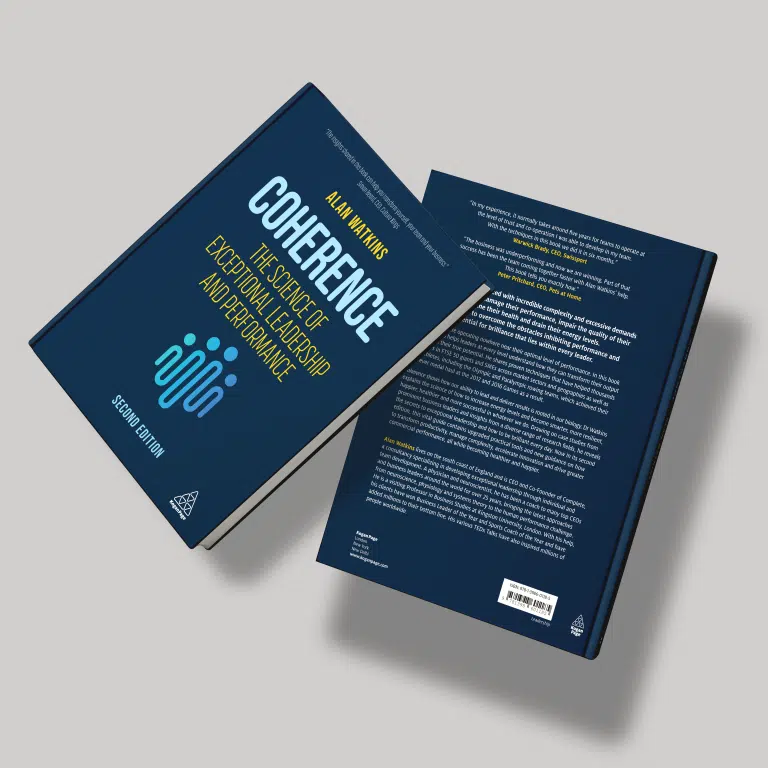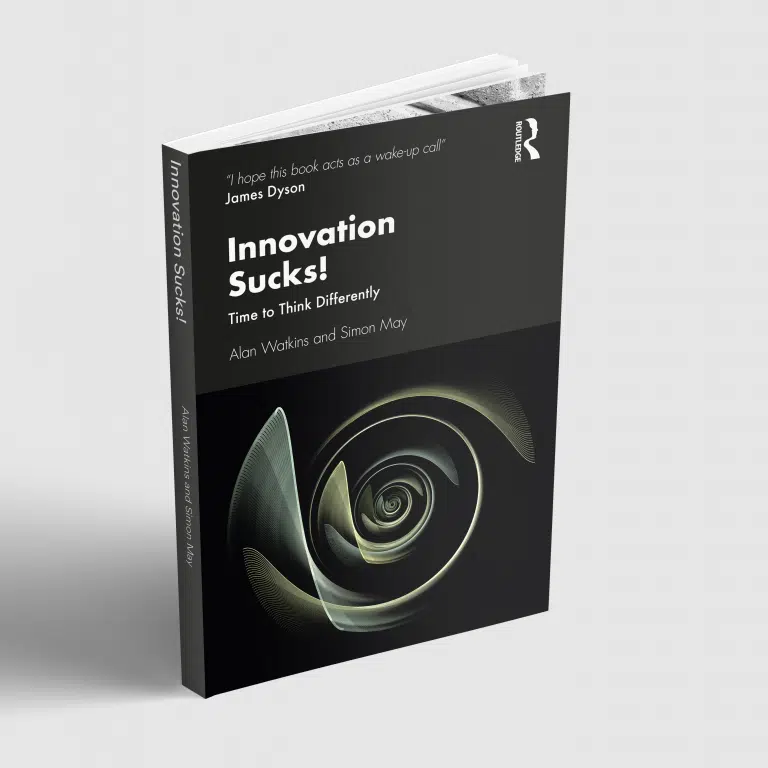Today (13th September) is Roald Dahl Day. Dahl has a special place in our hearts at Complete because he so expertly communicates about emotions. Remember when Matilda’s supernatural powers first reveal themselves? It’s when Matilda is “so unbearably angry that something was bound to explode inside her very soon”. Matilda is angry because she is accused of something she did not do. Her emotions manifest themselves in her ability to knock over a glass of water on her teacher’s desk.
Being unfairly accused of something or blamed for something is an experience we can all relate to. It generates an emotional response in all of us. Matilda turns that emotion into action with her her telekinesis. In the real world, it’s an emotion we must manage in different ways. Understanding where our emotional responses come from is the first step in emotional management outside of the literary world.
Understanding and managing our emotions
Many people are not very aware of their emotions. If you ask them to write down all of the emotions they have felt during the last week, most people come up with a list of 5-10. Often people confuse feelings with thinking, especially men; ask a man how he feels and he will usually tell you what he thinks. This confusion restricts progress. If you can’t tell the difference between your foot and your knee, you’ll find it hard to walk.
If you want to be the best version of yourself then learning to understand and manage your emotions is a critical step. The brain responds to a new emotion half a second faster than it takes to process a thought. Many of the decisions we make and are triggered by an emotion rather than a thought. If something triggers a negative emotion in the body, this emotion will stimulate the body’s natural defense system and causes the frontal lobes of our brain to shut down, meaning we think less clearly and less creatively. If you spend a long time in a negative emotional state, as well as being unpleasant, it is also not good for your health. Negative emotions are associated with the hormone cortisol and too much cortisol in your body over a period of time is bad for your health.

We have many tools and techniques that we teach our clients to enable them to become more aware of their emotions, to expand their emotional literacy and to start actively managing their emotions so they spend more time in a positive emotional state, becoming more productive and effective at decision making, in relationships, happier and healthier.
SHIFT-ing emotions
With heightened emotional literacy, you can start to gain emotional management. You can start to control your emotional response to triggers – like Miss Trunchball – shift your emotional state and move to the emotion that will serve you best at any particular point in time.
We work on this SHIFT skill to manage emotions in many of our coaching interventions. It’s one of the most powerful tools we teach. As one of our coaches said: “I now look at situations and emotions in a different way, I can recognise my negative emotions and can quickly shift. The coaching was instrumental in helping me shift my perspective.”
There really is no need for Matilda, or any of us, to be victims of our emotions. Instead, with the right guidance we can learn to be masters both in and outside of work.
Find out more by contacting Complete about our coaching services.






